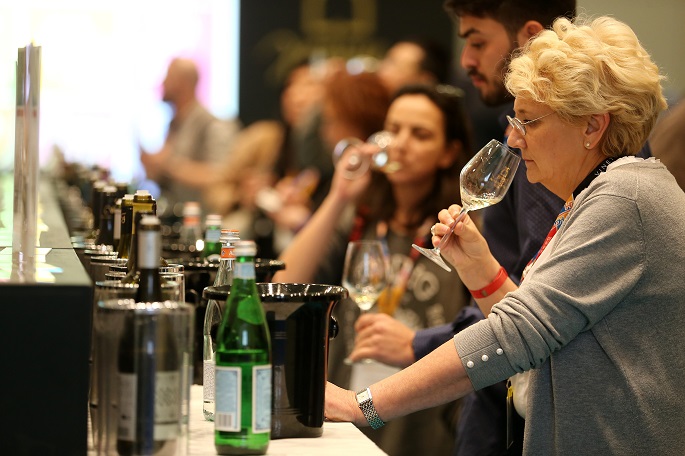Artificial "tongue" may help identify counterfeit alcohols
Published : 07 Aug 2019, 01:03
Harnessing the optical properties of gold and aluminium, researchers built a tiny taster that can tell the subtle differences between drams of whisky, which could potentially be used in areas such as identifying counterfeit alcohols, according to a study released on Tuesday by the University of Glasgow.
A team led by researchers from the university used sub-microscopic slices of the two metals to act as the "tastebuds" in the artificial "tongue". The tastebuds are about 500 times smaller than their human equivalents. The team poured samples of whisky over them and measured how they absorb light while submerged.
Statistical analysis of the very subtle differences in how the metals in the artificial tongue absorb light, known as plasmonic resonance, allowed the team to identify different types of whiskies. The tongue was able to taste the differences between the drinks with greater than 99 percent accuracy, according to the study.
"While we've focused on whisky in this experiment, the artificial tongue could easily be used to 'taste' virtually any liquid, which means it could be used for a wide variety of applications," said the study's lead author Dr Alasdair Clark from the university.
"In addition to its obvious potential for use in identifying counterfeit alcohols, it could be used in food safety testing, quality control, security -- really any area where a portable, reusable method of tasting would be useful," Dr Clark also said.


